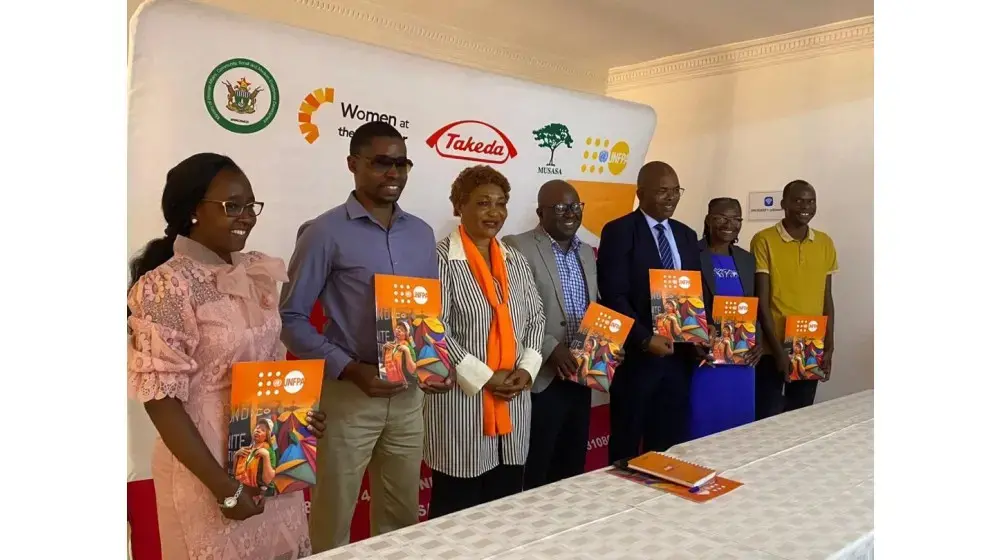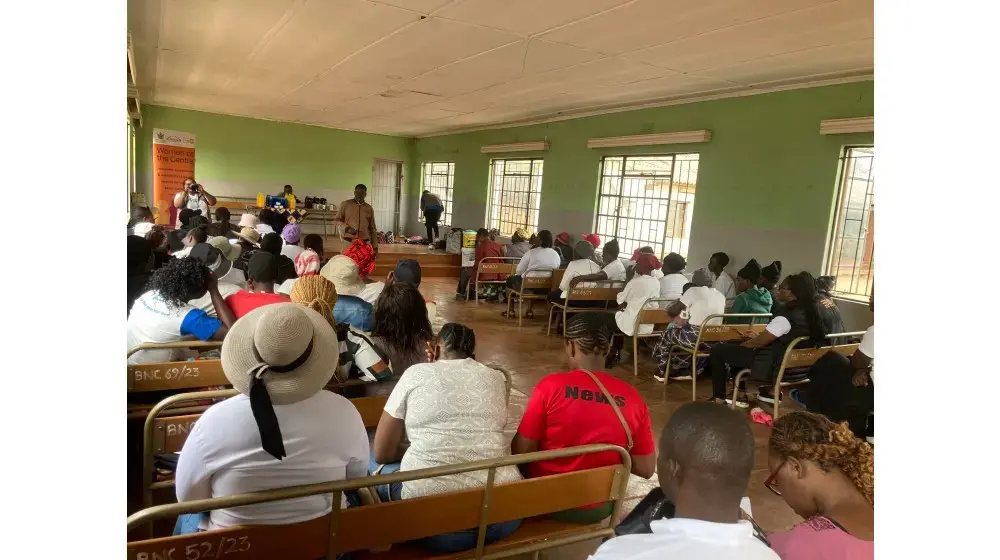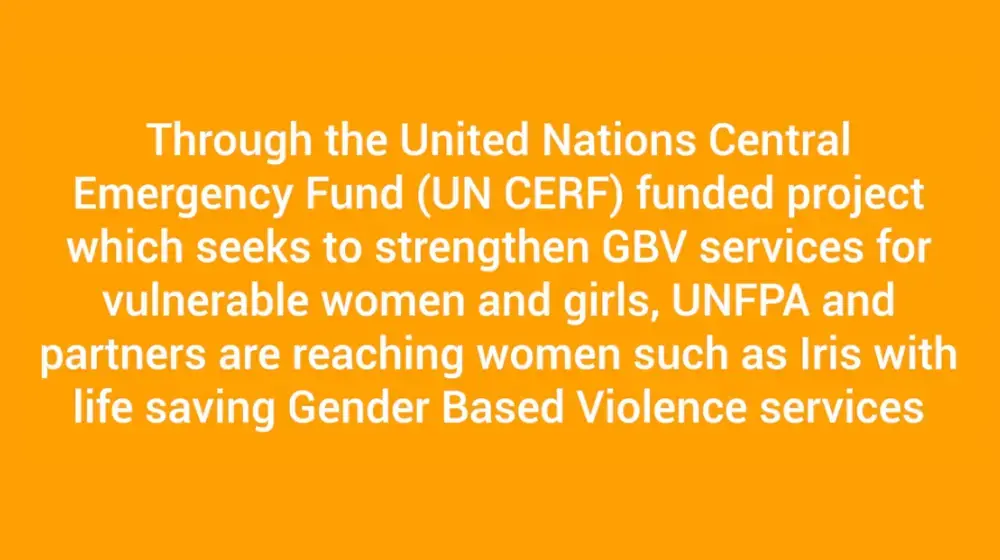Media are key allies in the fight against GBV. It is within this framework that in June 2021, 18 journalists were awarded for their ethical and gender sensitive reporting on Gender Based Violence under the Spotlight Initiative to Eliminate Violence Against Women and Girls. The event was marked by two award ceremonies held in Harare and Bulawayo under the categories of Social Media, Television, Radio and Print media.
The awards come as the conclusion of the work on media sensitization and report monitoring on GBV, conducted under the Spotlight Initiative, funded by the European Union by UNFPA. Within this initiative, the media is identified as key in informing and educating the communities to challenge myths in knowledge, attitudes and practices related to GBV. The media through their coverage of GBV issues can do harm if they do not report on GBV issues with sensitivity.
The initiative builds on the SADC Protocol on Gender and Development, which encourages the media to give equal voice to women and men in all areas of coverage, including increasing the number of programmes for, by and about women on gender-specific topics that challenge gender stereotypes.
The award ceremonies held in June 2021, awarded journalists who effectively maintained the nine ethical principles of reporting GBV. These include accuracy, fairness, impartiality, duty to inform, respect for privacy and protection of sources.
This is the second edition of the awards. In 2020 the Spotlight Initiative honoured 6 journalists. The two awards ceremonies – in the 2 regions – were attended by government partners, various media houses and development partners.
Speaking at the awards ceremony, UNFPA Zimbabwe Assistant Representative, Abbigail Msemburi said media are an important partner in the fight against GBV. “Strengthening the representation and the voices and perspectives of women and girls, especially those who face intersecting forms of discrimination, in and through the media, is important to give visibility to the issue through the voices of those most affected and marginalized,” Abbigail said. “It is therefore quite notable that the Spotlight Initiative to eliminate violence against women and girls recognizes the media is key in efforts to eliminate GBV through these media monitoring awards. Under the Spotlight media guidelines have also been developed all in an effort to help the media report in a responsible and effective manner.”
Musasa Project National Director, Precious Taru notes that, the media monitoring conducted during the phase 1 implementation, showed a need for more indepth, analytical and human interest reporting on survivors of GBV which respond to the ethical principles of reporting.
“Media is a critical platform in GBV prevention and response, it plays a pivotal role in ensuring survivors air out their experiences for the purposes of fighting GBV which has become a shadow pandemic within the multi-hazard humanitarian context that we face in Zimbabwe, including climate-change related and the COVID-19 global pandemic,” Precious said.
The Ministry of Women Affairs, Community, Small and Medium Enterprises Development which is the mandated GoZ entity for GBV coordination and response, was represented at both the Northern and Southern Regions’ awards ceremonies. Speaking at the Northern Region awards ceremony in Harare, Ministry of Women Affairs Harare Metropolitan Provincial Development Officer, Enerst Chimboza said violence against women is now a health risk globally.
“The manner in which the mainstream media report on violence against women and girls is significant if levels of violence are to be reduced and ultimately eliminated. GBV Media reporting is an important indicator which can be used to measure progress towards shifting social and cultural norms that reinforce or challenge the place of violence in society,” Chimbodza said.
This article was first published in the Spotlight Initiative bi-weekly newsletter.





